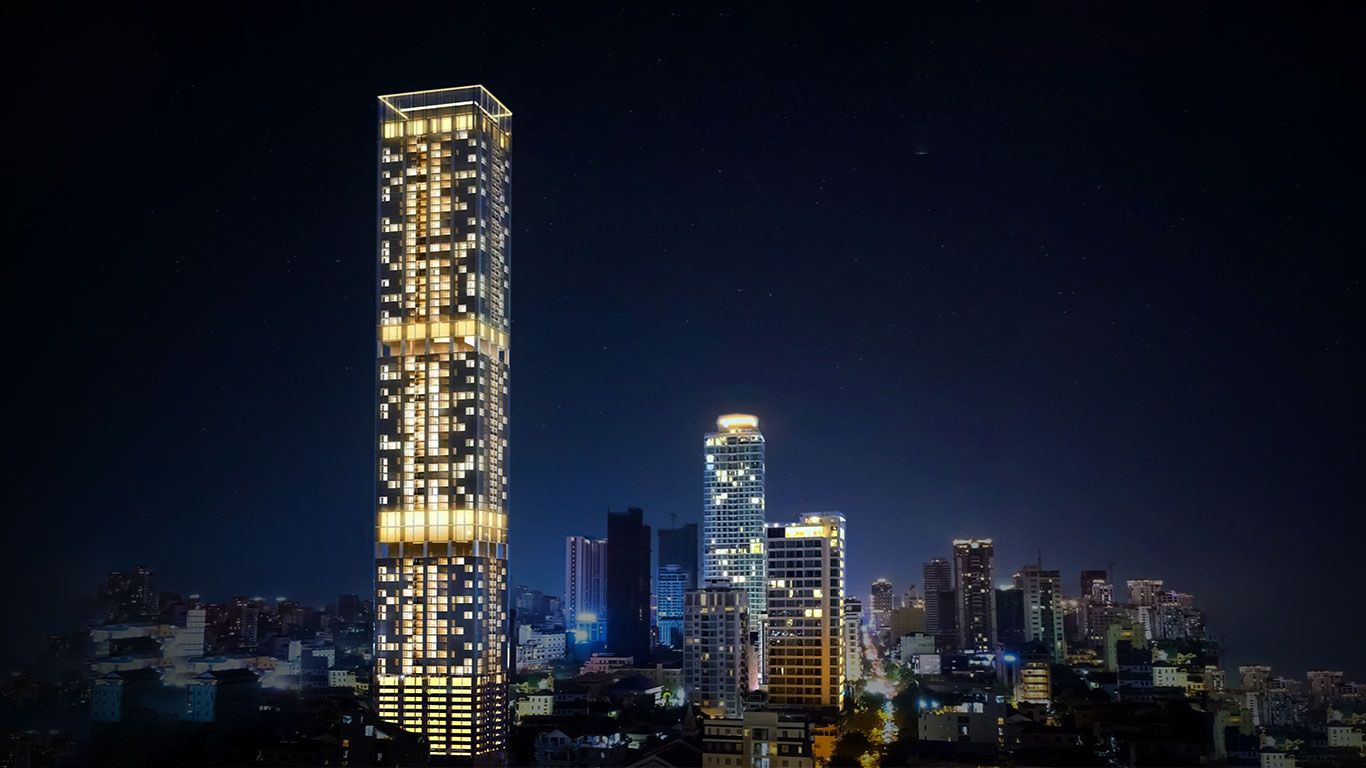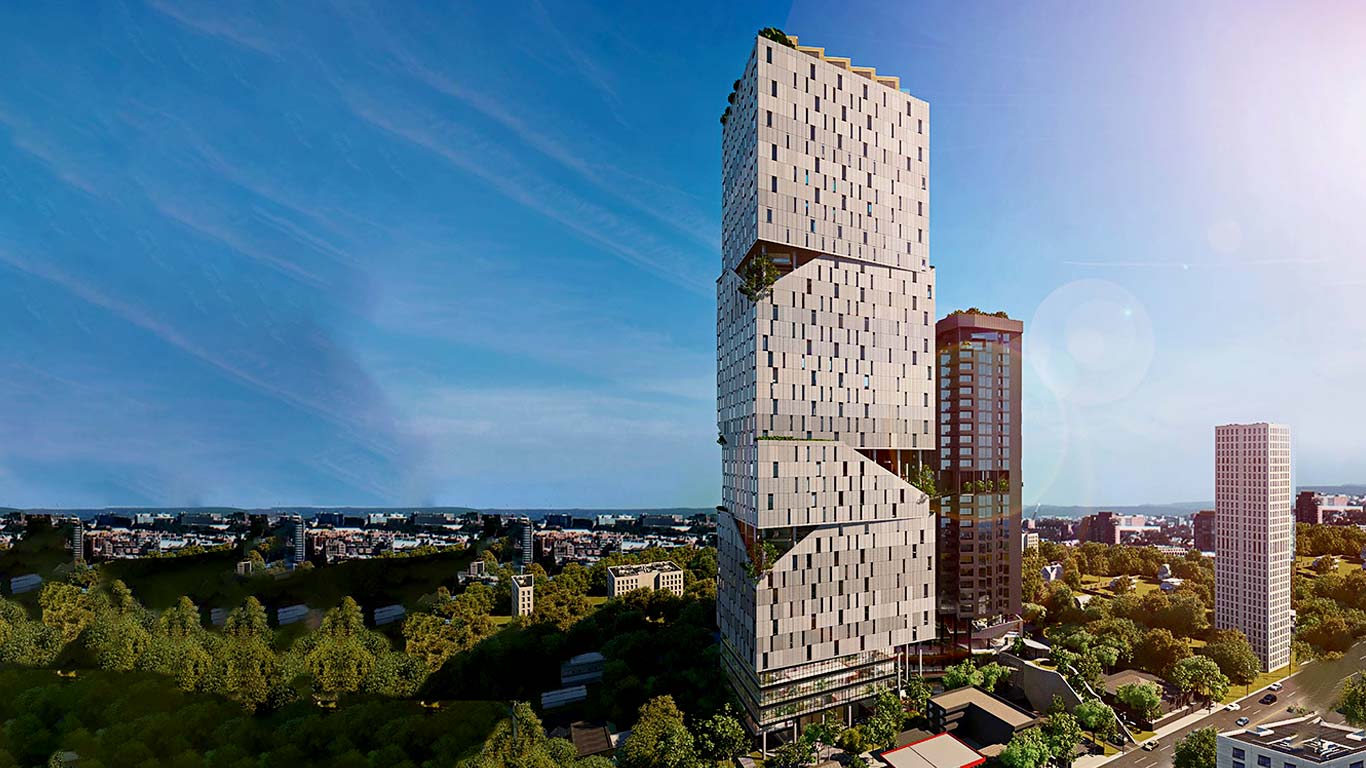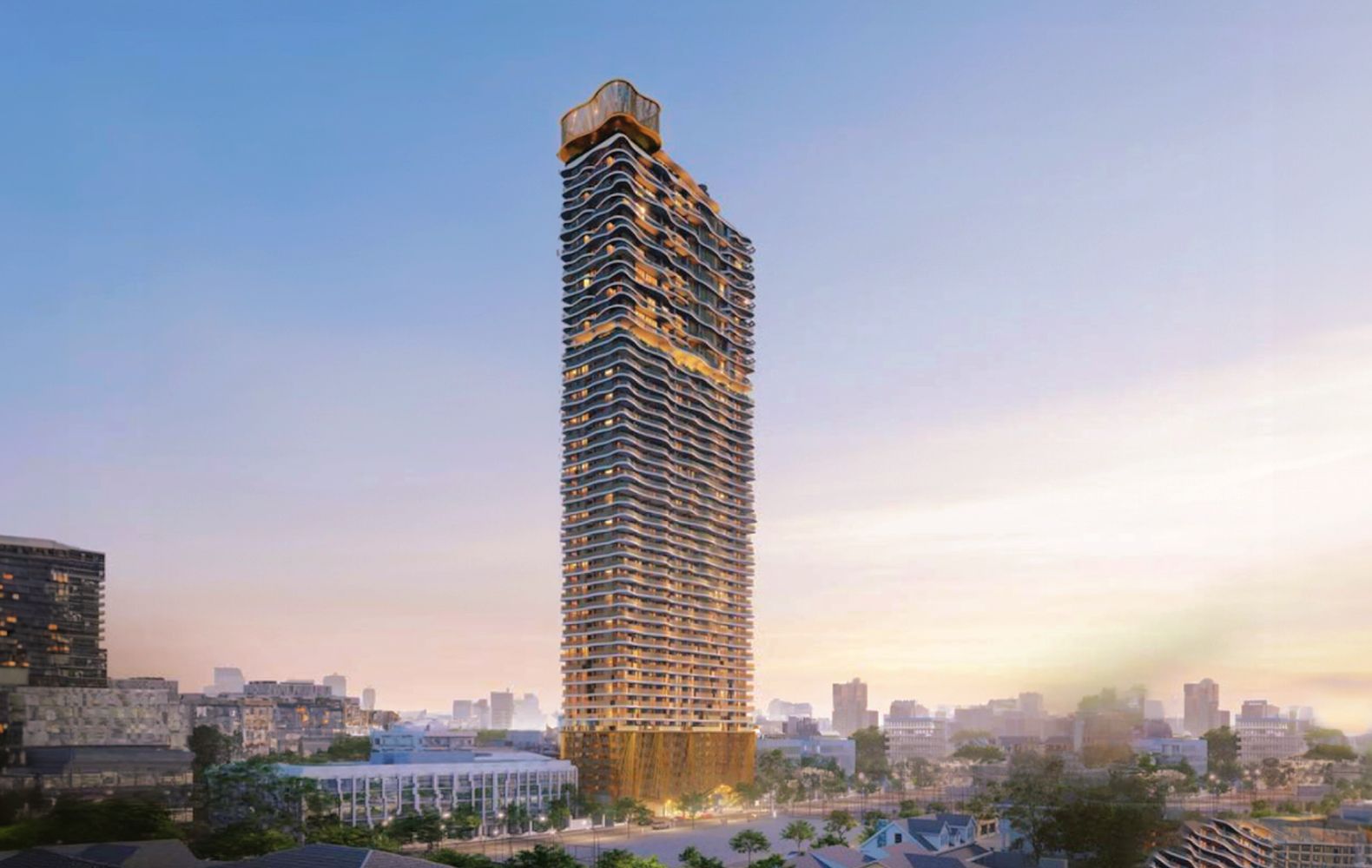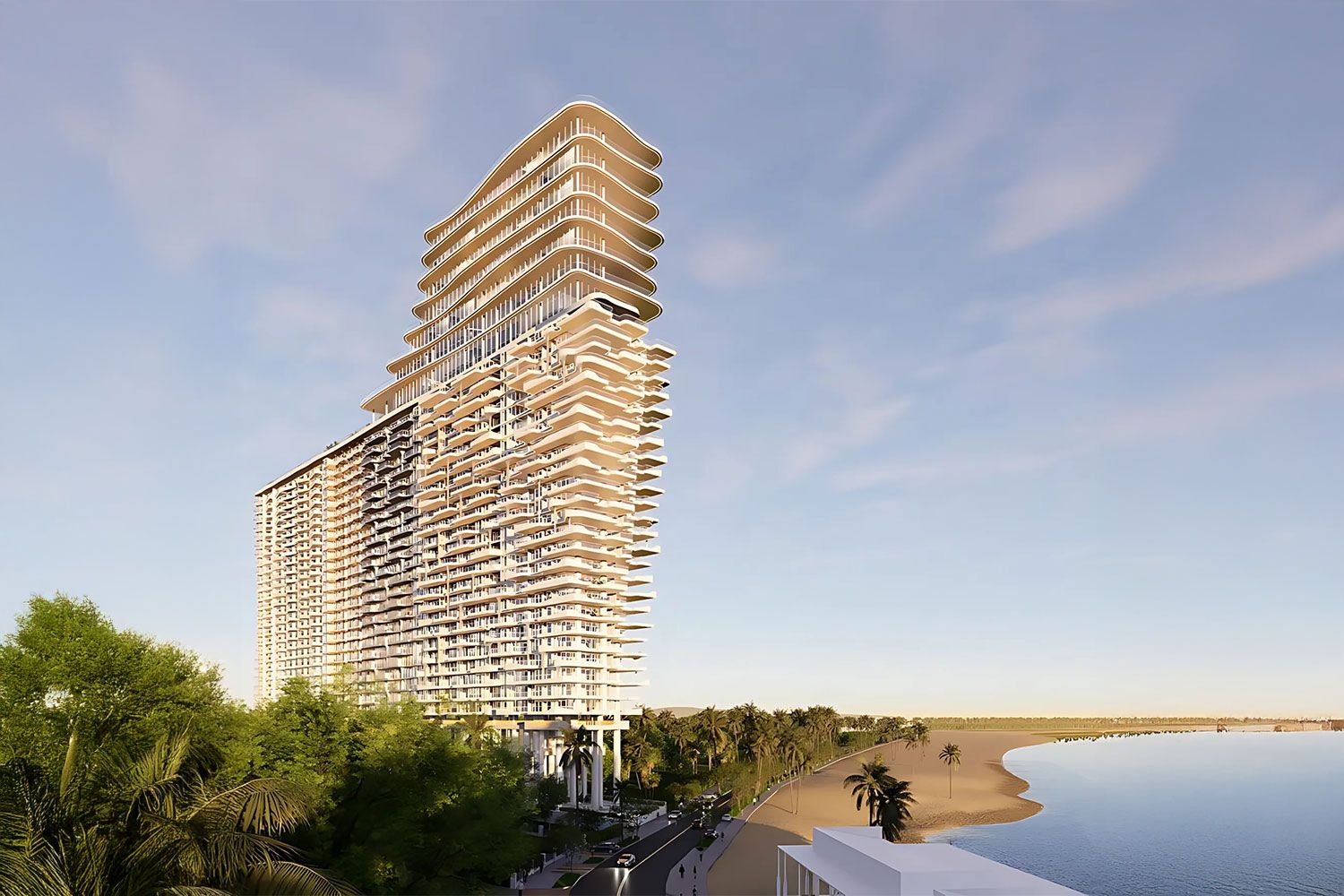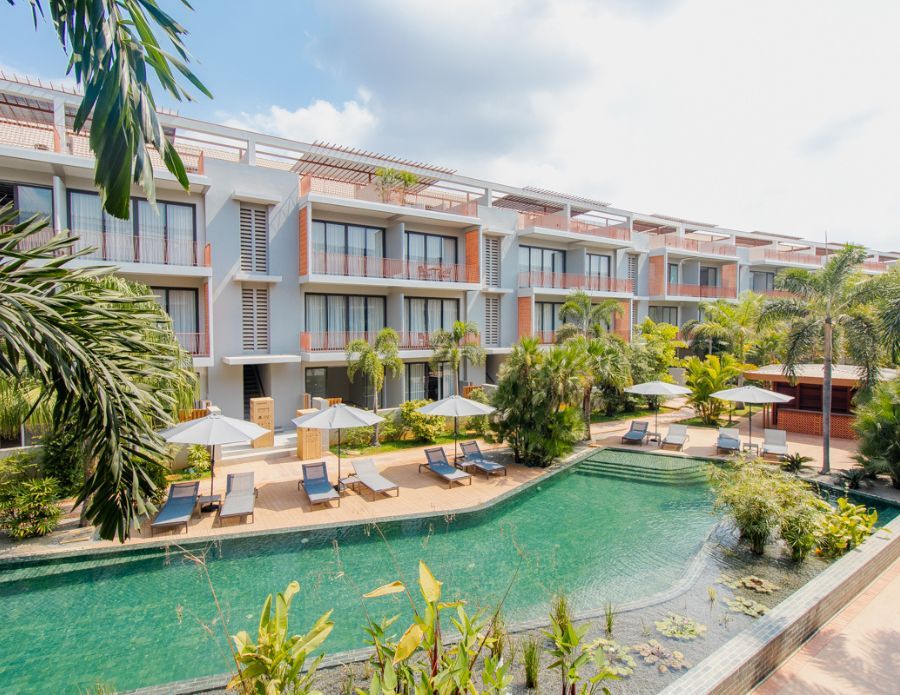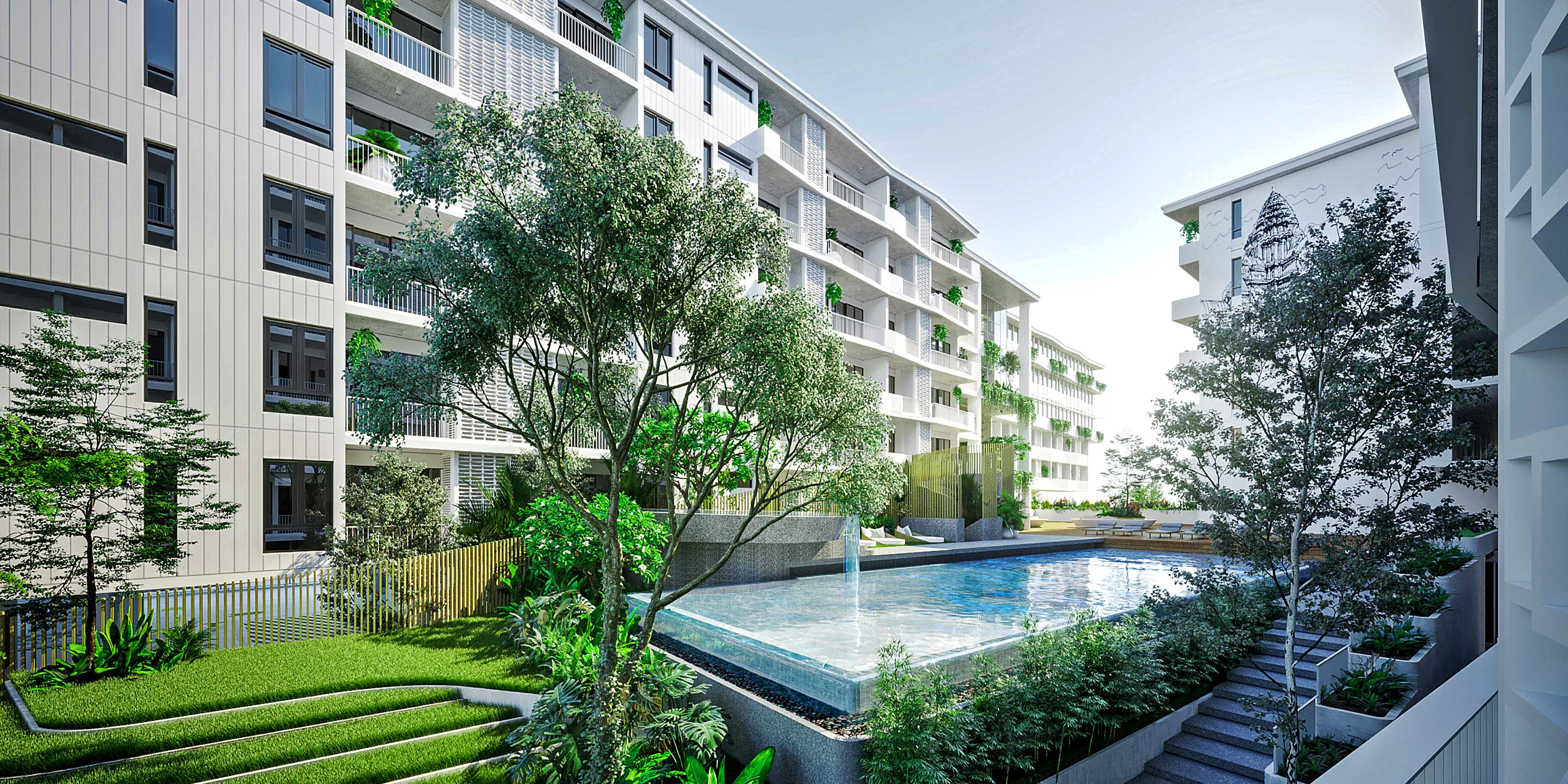Updated on 28 Jun 2025
Process, Costs, and Common Pitfalls in Buying Off-Plan in Cambodia
Off-plan properties or “new developments” are properties in Cambodia that are either under construction or in the planning stages. Buying off-plan means securing ownership of a property that hasn’t been built yet, offering early-bird pricing and flexible payment terms.
Why Off-Plan Works in Cambodia
Off-plan properties remain a popular option for both homebuyers and investors in Cambodia due to:
- USD-Denominated Market: Property sales are conducted in US dollars, offering protection against local currency fluctuations.
- Accessible Financing: Many developers offer flexible payment terms, while banks are increasingly providing mortgage options for condominium purchases.
- In-House Financing: Developers often offer post-handover payment options, allowing buyers to pay in installments even after completion.
- Infrastructure Growth: New roads, airports, and city developments continue to boost long-term property values, backed by consistent foreign investment in Cambodia’s property market.
When you decide to purchase off-plan, you will enter into a legally binding Sales and Purchase Agreement with the developer. This outlines the purchase price, specifications, location, and any agreed-upon customizations. Payment is made progressively, based on the construction timeline. Below is a general guide on how payment schedules typically work in Cambodia.

1. Reserve Your Unit
The first step is choosing your preferred unit and securing it with a non-refundable booking fee. This fee usually ranges from $500 to $5,000, depending on the project, and temporarily takes the unit off the market while paperwork is prepared.
2. Sign the Sale & Purchase Agreement (SPA)
Next, you will review and sign the Sale & Purchase Agreement (SPA), the key legal document that confirms your purchase. The SPA includes project specifications, unit details, payment terms, and completion timelines. This step is often completed in the presence of a lawyer or legal representative.
3. Downpayment
After the SPA is signed, a downpayment is required, usually 10% to 30% of the total unit price. Some developers offer discounts for larger upfront payments, with the biggest discounts typically given to buyers who pay 100% in advance.
Developer Pre-Sale Discounts:
• 10%-30% Downpayment: Standard payment option.
• 50% Downpayment or more: May unlock additional discounts or bonuses.
• 100% Upfront Payment: Maximum discount, subject to negotiation.
4. Construction Installments (Progressive Payments)
The remaining balance is then paid over the course of the project’s construction. Developers offer different structures, but the most common options in Cambodia include:
Monthly Installments
Equal monthly payments made over an agreed period, typically up to 45 months.
Construction Milestone Payments
Payments can also be sometimes tied to key construction milestones, such as:
• Foundation Completion
• Structural Completion (reaching your floor)
• Internal Fittings (walls, windows, plumbing, wiring)
• Final Finishing (flooring, fixtures)
Exact stages and percentages depend on the developer and will be outlined in the SPA.
Note: Some projects in Cambodia offer hybrid payment plans. For example, a fixed percentage paid monthly during early stages, with larger sums due at later milestones.
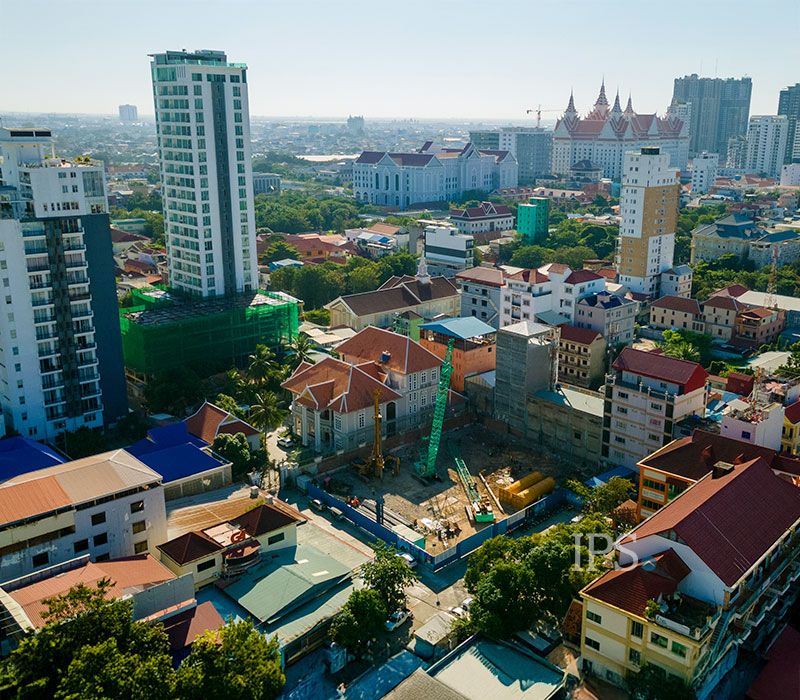
5. Handover (Vacant Possession)
Upon project completion, you’ll make the final payment (if applicable) and receive the keys to your unit. At this stage, your unit should be fully functional, with electricity and water connected.
Developer Loan Options
In addition to bank loans, some developers in Cambodia offer in-house financing or developer loans to cover the final payment. This option allows buyers to spread out the final payment after handover, often with simpler approval processes compared to banks. Terms vary by project and should be clearly outlined in the SPA.
6. Title Transfer and Final Fees
After handover, the title transfer process begins. For strata-title condominiums, this involves registering your ownership at the Ministry of Land Management, Urban Planning and Construction, which typically takes 8-12 weeks.
Additional fees at this stage may include:
• Transfer Tax (4%) of the property price
• Title Registration Fees
• Developer’s Administrative Fees (if applicable)
These costs are generally borne by the buyer and will be clarified in the SPA.
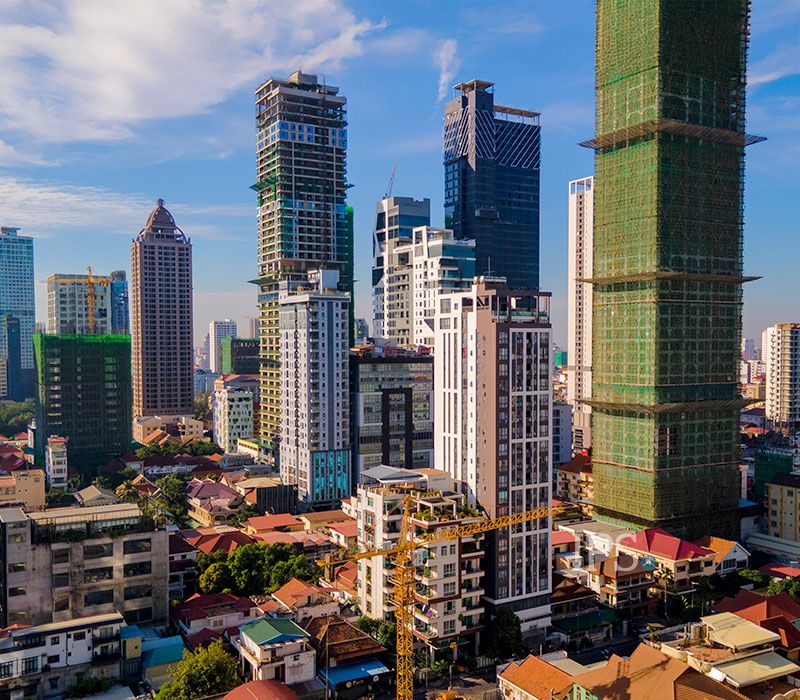
Know the Risks
While off-plan property offers flexibility and early-bird pricing, buyers should also be aware of:
• Potential Delays: Construction timelines can be affected by market conditions or regulatory changes.
• Oversupply in Certain Areas: Some city zones, especially in Phnom Penh, have experienced high supply, which may impact rental yields.
• Rental Yield Expectations: Market data shows typical rental yields range from 5% to 9%, often lower than promotional guarantees. Buyers are encouraged to research realistic market returns.
Example Payment Schedule (for reference):
| Stage | Payment Type | Amount |
| Booking | Non-refundable fee | $500 – $5,000 |
| SPA Signing | Downpayment | 10%-30% |
| Construction | Monthly/Stage Installments | 40%-60% over 24-45 months |
| Handover | Final Payment | Balance on completion (bank loan or developer loan options may apply) |
| Title Transfer | Fees & Taxes | 4% Transfer Tax + fees |
Important:Always review the exact payment schedule outlined by the developer in the SPA, as terms vary by project. For tailored advice and guidance, discover the IPS Cambodia advantage and see how we can assist with your off-plan property purchase.
Premier Property Developments in Cambodia
With Cambodian real estate showing unparalleled investment opportunities, we’re excited to showcase standout condominium developments from our curated collection, combining unbeatable comfort, elegance, and potential for high returns. Check out the latest developments in Cambodia below or connect with one of our property consultants to personalize your investment options!
J-Tower 3 Phnom Penh
Positioned in the heart of Phnom Penh, J-Tower 3 offers high-standard living spaces coupled with top-notch facilities and features. Designed with investor profitability and resident comfort in mind, this development is a perfect blend of affordability, luxury, and future appreciation.
ODOM Phnom Penh
Step into the future of urban living with ODOM. Offering lavish designs and cutting-edge amenities in a prime Phnom Penh location, ODOM redefines quality of life, placing it far ahead of its peers.
Timesquare 8 Phnom Penh
Located in Boeung Trabek near the Russian Market, Time Square 8 showcases modern elegance and functionality. Ideal for investors, it offers a perfect blend of style and convenience in Phnom Penh’s vibrant real estate market.
Timesquare 10 Otres Beach
Newest beachfront landmark combining affordable ownership with resort-style living, offering one of Sihanoukville’s most attractive entry points into Cambodia’s coastal property market.
Angkor Grace Residence & Wellness Resort Siem Reap
Set in the picturesque city of Siem Reap, close to the iconic Angkor Wat, this development is more than a living space—it’s a sanctuary for wellness. Ideal for both travelers and expatriates looking for a serene retreat.
Rose Apple Square Siem Reap
Poised in the lively heart of Siem Reap, Rose Apple Square combines luxury and affordability. Get up to 11.4% return per year and a 5-year guaranteed buyback. A perfect investment gateway into the emerging Cambodian real estate market.


